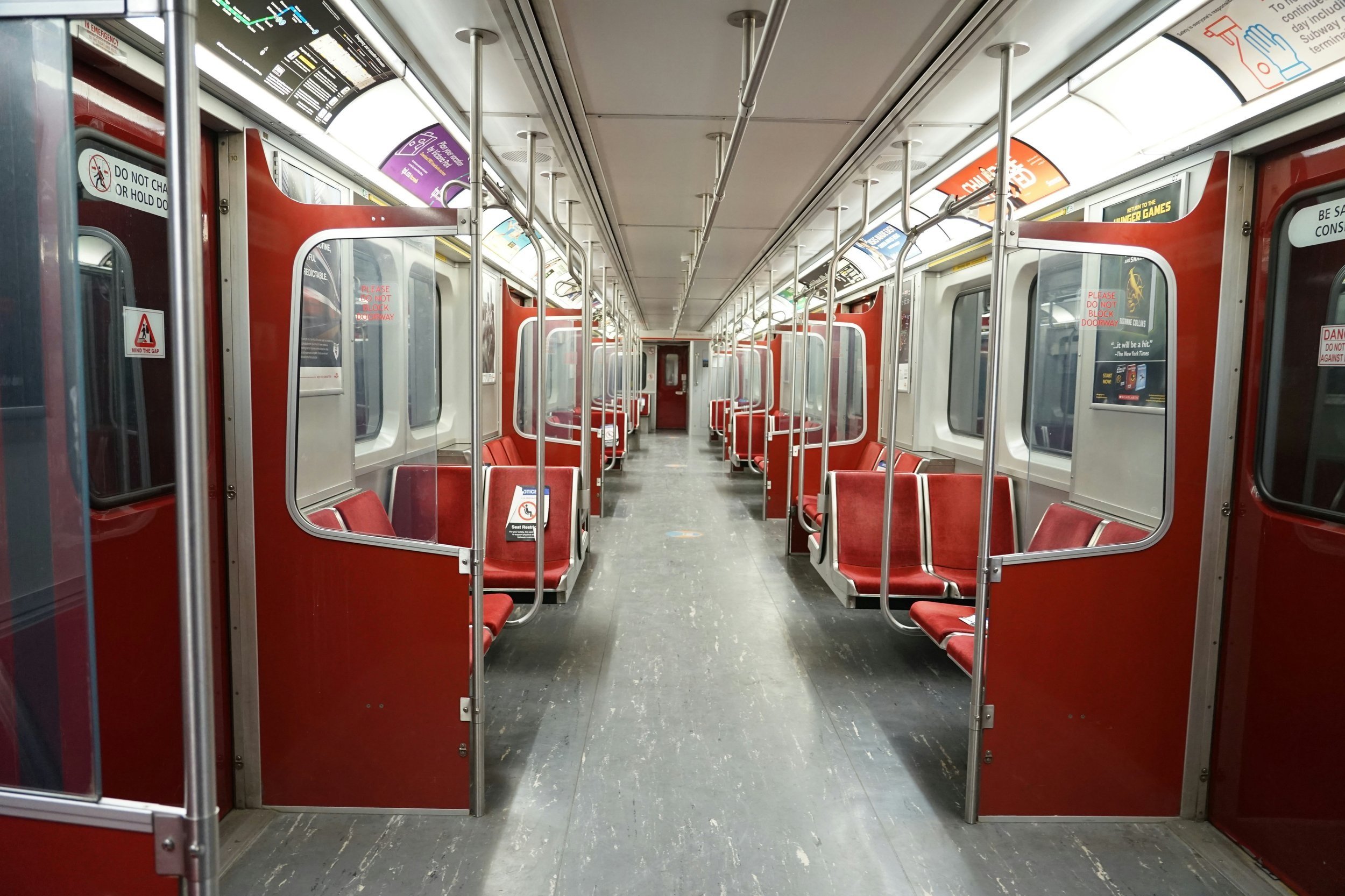
Free Transit Pilot
In 2022, the Transit Access Project (TAP) conducted a three-month pilot study providing free monthly transit passes to 36 youth experiencing homelessness across three Toronto shelters. Data collection included group interviews and longitudinal surveys before, during, and after the intervention. Findings evaluated how the cost of transit impacted transit accessibility, quality of life, and the process of rehousing. The research was approved by the University of Toronto Research Ethics Board.
RESEARCH FINDINGS
Barriers to Mobility and Impact on Homelessness
Transportation Costs: The cost of public transit was a significant barrier to access essential destinations required for rehousing. 76% of participants struggled to access transit due to the cost, with some spending over half of their monthly income on transit. Many had to sacrifice food to afford transit fare.
Employment: Lack of transit access was cited as a barrier to work by 50% of participants, with individuals missing job interviews and employment opportunities due to inability to afford fare.
Healthcare & Social Services: Half of participants reported losing access to healthcare due to lack of transit access.
Social Isolation: Two thirds of participants could not visit family or friends due to transit costs, increasing isolation and reducing critical support networks needed for rehousing.
Stuck in Homelessness: Many participants knew of ways they could improve their circumstances, such as support services, employment and housing opportunities, but without transportation, participants could not access these activities, extending their time in homelessness.
Impacts of Free Transit Pilot in Toronto
Employment Gains: Participants secured jobs and attended interviews they previously could not afford to reach.
Housing Stability: 5 participants successfully moved into private housing during the study, citing the transit pass as a key factor in accessing housing services.
Mental & Physical Health Improvements: Participants attended more medical appointments and reported improved mental health, stability, and sense of self-determination.
Social Inclusion: Participants visited friends and family more frequently, enhancing support networks crucial to exiting homelessness.
Conflict with Transit Authorities: Participant relationships to transit authorities and police improved as a result of the intervention.
Overall, the program saw great promise in improving recipients' housing security, employment outcomes, support access, social support, and relationship to transit authorities. A longer study should be conducted to see the impacts of this program on rehousing outcomes long-term.